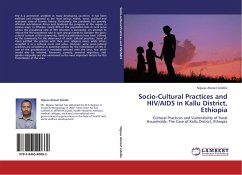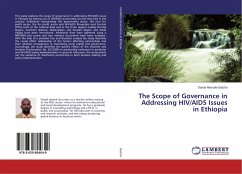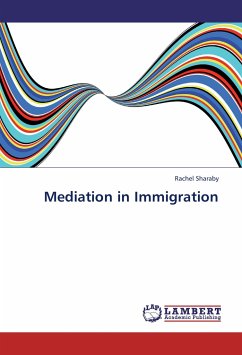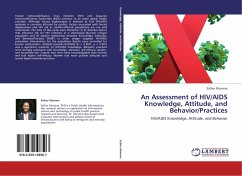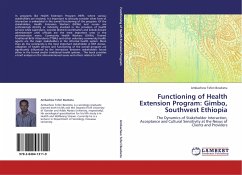HIV is a prominent problem in many developing countries. It has been believed and recognized as the most serious health, social, political and economic crisis of human history. Particularly, the pandemic has severely affected sub-Saharan Africa and hindered the progress of the region in various ways. In Ethiopia, nearly 85% of the population lives in rural areas where the prevalence rate of HIV infection is increasing. An attempt to reduce the HIV prevalence rate in such groups needs to consider the socio-cultural context of the community. Various justifications have been offered by the community for the observance of socio- cultural practices. Some of them justified the practice with their own religious views, while others accepted it as a cultural norm and value. However, some socio-cultural practices are considered as potential factors for the transmission of HIV. If one of the practitioners is inevitably infected with the virus, the other would also be infected. Moreover, poverty, seasonal migration, and gender inequality are also mentioned as the most important factors for the transmission of the virus.
Bitte wählen Sie Ihr Anliegen aus.
Rechnungen
Retourenschein anfordern
Bestellstatus
Storno

